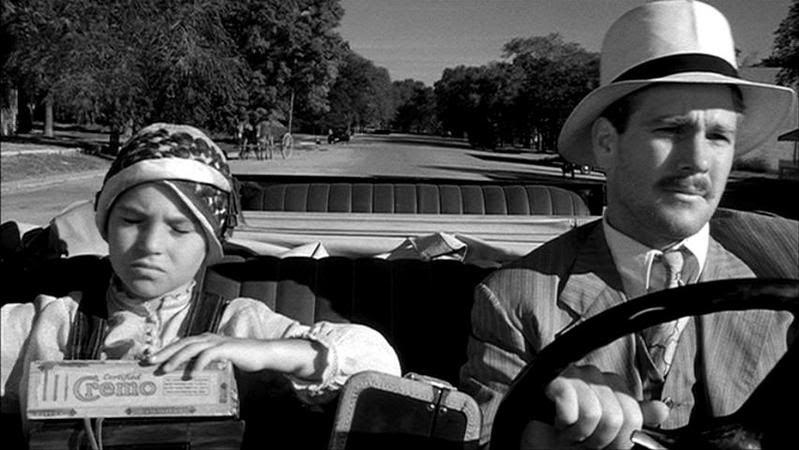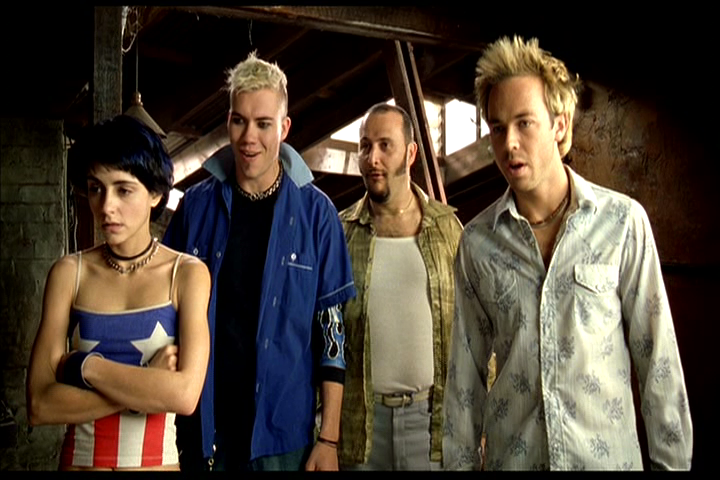I haven't seen it in 16 years so I don't think I can be too specific, but in general it's handling of racism seems facile to me. Ed Norton learns not to be racist in prison (I also find this implausible); his brother learns the lesson from being told of this personal journey; he writes the lesson for school and we learn it from the adaptation. Solving racist violence is a tall order, but I'm not convinced the movie even addresses it. It feels more like an excuse for a method actor to work out and tragically emote, which I guess is the sticking point. Is a focused and intense performance enough to make up for the other shortcomings? Maybe I'm substantively agreeing with Iro, and our only real difference is how much we admire Norton's performance.
WARNING: "American History X" spoilers below
The prison journey kind of makes sense, though. At first, Norton sees the other Aryans doing drug deals with Latino inmates and thinks that they are being hypocrites, but they convince him that that's just prison life and he should just get used to it if he wants to survive. That at least goes a little way towards explaining why he slowly warms up to the black laundry-doing inmate - if that's what it takes to make the time fly by quicker, then so be it. The fact that the Aryans' response to him openly acting friendly with said inmate in the exercise yard is to rape him in the showers and act like they're eventually going to murder him would also go a long way towards making him turn his back on the whole neo-Nazi movement. That's before Avery Brooks' character shows up to give him a stern talking-to, which might be over-egging the pudding a bit, so to speak. That part, I didn't have too much of an issue with, even if it's not the most nuanced approach. If anything, the fact that the film ends with the kid brother getting straight-up murdered by a black kid just renders the film's point a bit more debatable, which is pretty questionable considering how the rest of the film plays out.
__________________
Iro's Top 100 Movies v3.0
I really just want you all angry and confused the whole time.













 . It's just a very charming and fun movie. Tatum fully deserves the praise she gets.
. It's just a very charming and fun movie. Tatum fully deserves the praise she gets.